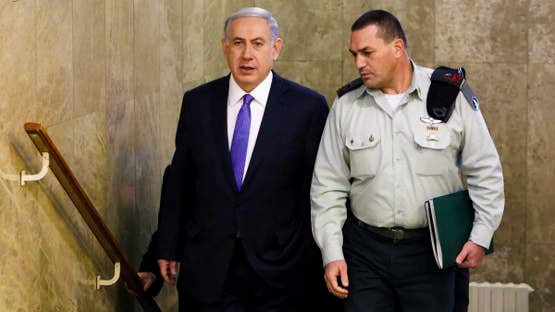The political and military landscape in Israel is witnessing escalating tensions, amid a public dispute between Prime Minister Benjamin Netanyahu and Chief of Staff General Eyal Zamir regarding the future of military operations in the Gaza Strip, just ahead of a scheduled cabinet meeting today.
The newspaper Yedioth Ahronoth revealed that General Zamir will present to the cabinet the exorbitant costs associated with a prolonged stay in Gaza, insisting on refusing to carry out any new ground maneuvers or expand military operations, warning that launching a violent combat operation could last for months and require the mobilization of at least six military divisions in Hamas strongholds west of Gaza City, areas that the army has not entered for a whole year.
In contrast, Netanyahu is threatening a wide escalation, hinting at a complete invasion of the territory.
A source in his office, in statements reported by Israeli Channel 12, confirmed that the Prime Minister has become inclined to carry out a comprehensive operation to take full control of Gaza, after indirect negotiations with Hamas regarding prisoner exchanges and a ceasefire reached a dead end.
According to sources close to Netanyahu, the decision has been made: "We are heading towards a complete occupation of the Gaza Strip, and the operations will include areas where hostages are also held," threatening that the Chief of Staff could resign if orders are not carried out.
However, other sources, according to what Maariv reported, denied that Netanyahu had made his final decision regarding the expansion of operations, considering that what has been circulated is merely inaccurate leaks.
This potential escalation comes at a time when the Gaza Strip is experiencing catastrophic humanitarian conditions, amid widespread destruction and a severe shortage of food and medicine.
According to United Nations reports, Gaza is on the brink of famine, as Israel imposes tight control over all border crossings, completely or partially preventing the entry of humanitarian aid for several months.
Despite attempts by Arab and foreign countries to alleviate the crisis through air drops of aid in recent days, international humanitarian organizations have confirmed that this method is ineffective and costly, given the limited quantities that can be delivered compared to land transport.
With the ongoing internal Israeli division between the political and military leadership, and the stalemate in negotiations with Hamas, the future of Gaza remains open to all possibilities, amid increasing regional and international concern about further escalation of the situation.

